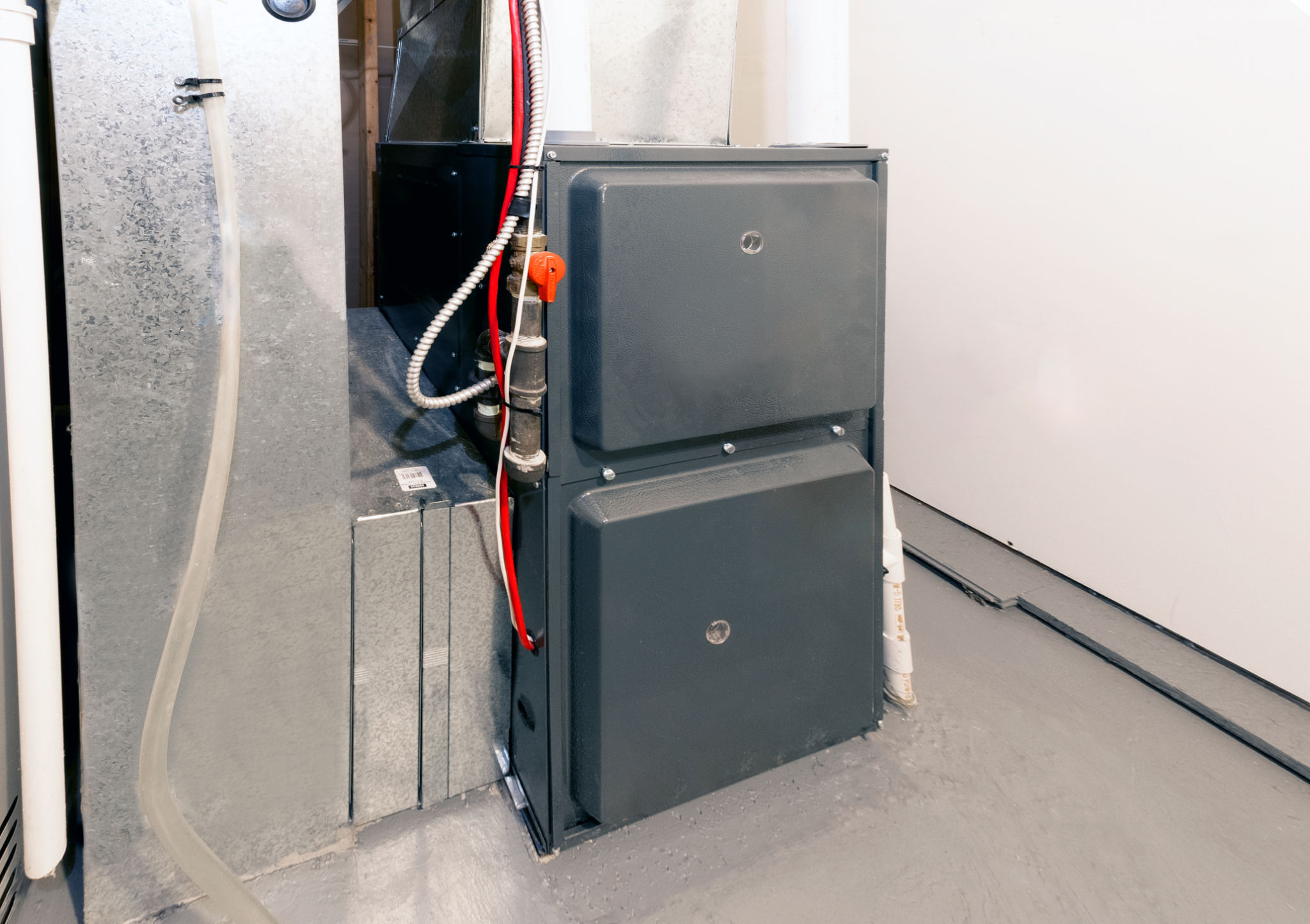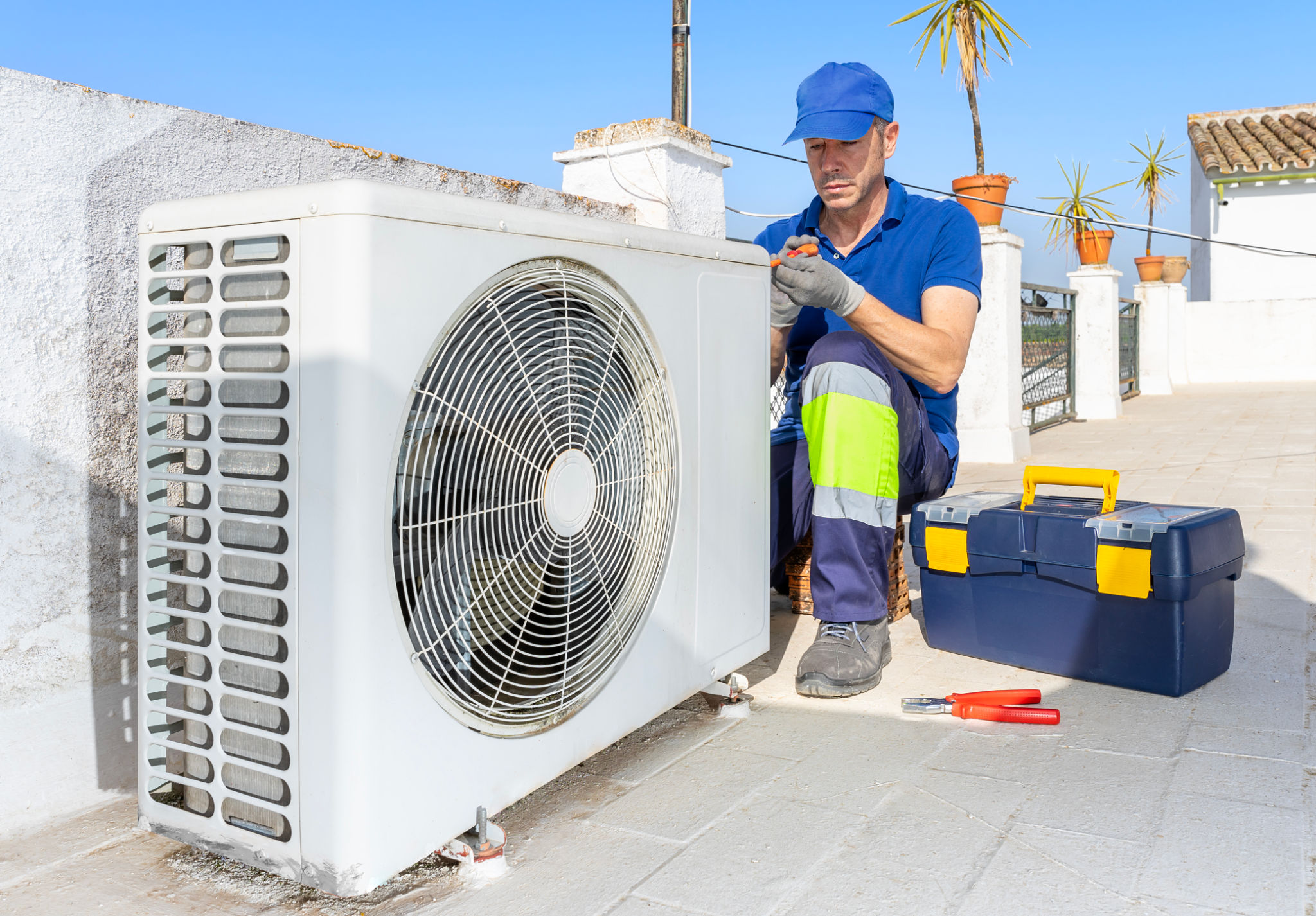The Ultimate Guide to Regular Furnace Maintenance: Benefits and Best Practices
Understanding the Importance of Furnace Maintenance
Regular furnace maintenance is crucial for ensuring the optimal performance and longevity of your heating system. A well-maintained furnace not only provides consistent warmth during cold months but also helps in reducing energy consumption, saving you money on utility bills. Additionally, regular checks can prevent unexpected breakdowns and costly repairs.

Key Benefits of Routine Furnace Maintenance
Improved Efficiency
One of the primary benefits of regular maintenance is improved efficiency. Over time, dust and debris can accumulate in your furnace, reducing its efficiency. By scheduling regular cleanings and inspections, you can ensure that your furnace runs smoothly and efficiently.
Enhanced Safety
A well-maintained furnace is a safer furnace. Regular inspections can identify potential hazards like gas leaks or faulty electrical components before they become serious issues. This proactive approach not only protects your home but also ensures the safety of your family.
Extended Lifespan
Investing in regular maintenance can significantly extend the lifespan of your furnace. By addressing minor issues before they escalate, you can avoid premature wear and tear, allowing your furnace to serve you effectively for many years.

Best Practices for Furnace Maintenance
Schedule Annual Inspections
It is recommended to schedule an annual inspection with a qualified HVAC technician. During this inspection, the technician will check for any signs of wear and tear, clean essential components, and ensure everything is functioning correctly. This proactive measure helps in early detection of potential issues.
Change Filters Regularly
Filters play a vital role in maintaining air quality and system efficiency. Changing your furnace filter every 1-3 months, depending on usage and manufacturer recommendations, can prevent clogs and improve airflow. This simple task can have a significant impact on your furnace's performance.

Check Thermostat Settings
Regularly checking your thermostat settings ensures your furnace is operating according to your preferences. Consider upgrading to a programmable thermostat for more precise control over your home's temperature, which can lead to increased comfort and energy savings.
Troubleshooting Common Furnace Problems
No Heat or Insufficient Heat
If your furnace is not producing heat, first check the thermostat settings and ensure it is set to 'heat' mode. Also, verify that the circuit breaker has not tripped. If the problem persists, it may be time to call a professional for further diagnosis.
Strange Noises
Unusual noises such as banging or rattling can indicate loose components or other mechanical issues within the furnace. Addressing these sounds promptly can prevent more severe damage and ensure smooth operation.

Conclusion
Regular furnace maintenance is an essential aspect of home ownership that offers numerous benefits, from improved efficiency and safety to an extended lifespan. By following best practices and addressing issues promptly, you can ensure your furnace continues to provide reliable warmth throughout the winter months. Don’t wait for problems to arise; invest in routine maintenance today for peace of mind and comfort.